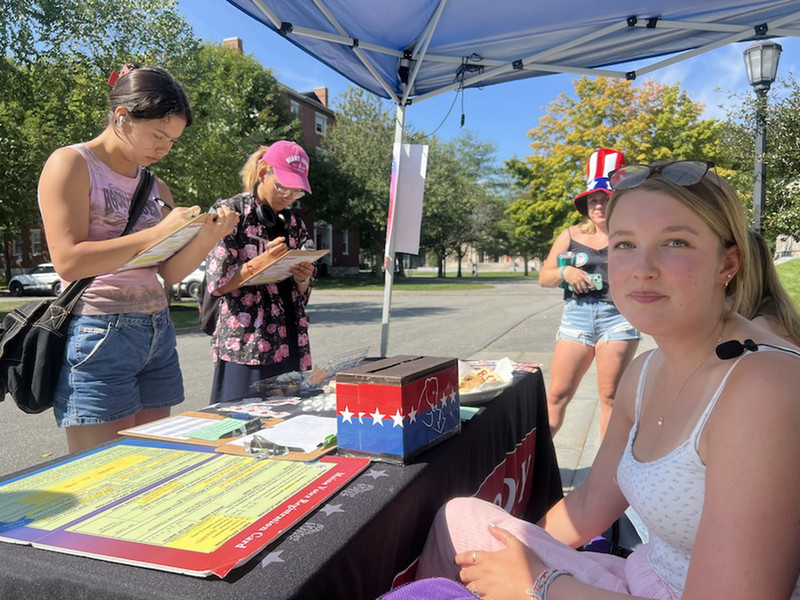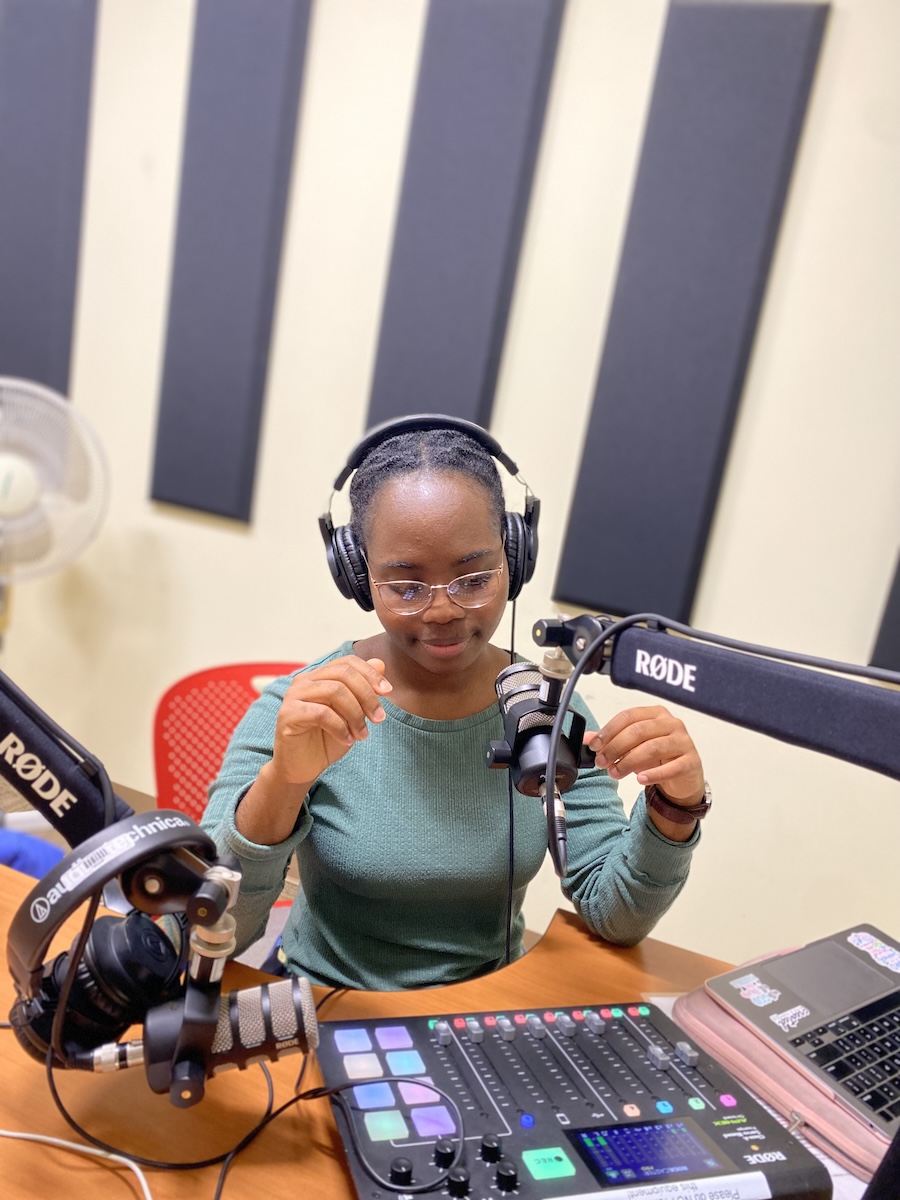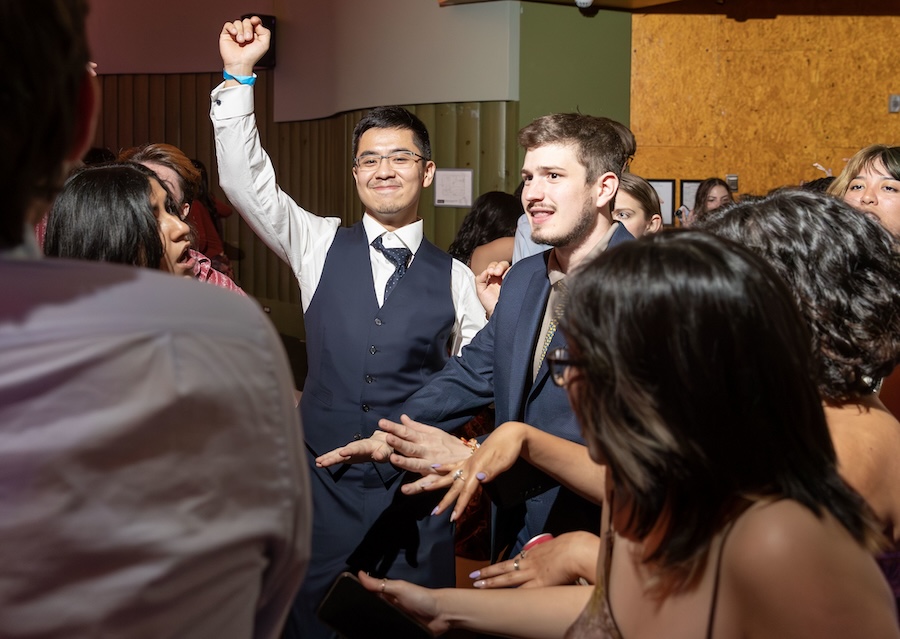Adding the Practicalities to a Liberal Arts Education
By Symone Marie Holloway ’22


Accredited financial counselor and former Bowdoin career planning advisor Sherry Mason asked students at the start of a recent Financial Literacy 101 workshop in Burnett House to think about their knowledge, actions, and beliefs surrounding finances.
The workshop was the second in a series offered by student activities and counseling services on important life skills—skills that might get overlooked in many higher education curricula. The first workshop, held earlier in the semester, was about apartment hunting.
While Mason's workshop encouraged people to reflect on their attitudes toward saving, spending, and managing money, it also covered the technical elements of a sound financial plan: earning, spending, protecting, borrowing, and saving and investing.
“I like to think of myself as someone in the business of financial readiness,” Mason said, when she introduced herself to students. Mason has also worked as a bankruptcy attorney. She admitted that it was her parent’s unwillingness to discuss finances that led her to become a lawyer who worked with money.
“I didn’t know how to manage my own money," she said. "And I felt like I couldn’t ask anyone about money. That’s why I do the work that I do. I’ve become a person who now thinks that we all need to understand these [financial] tools, but we all are carrying around belief systems from our families or our campuses" that can keep us from learning them.
Mason took a minute to ask whether Bowdoin’s campus feels like a safe space to discuss money or whether it is a subject nobody talked about. Students responded that while many people speak about income equality, they tend to shy away from more nuanced and personal discussions.
“I think that’s not just college campuses," Mason observed. "The unwillingness to speak about finances is [common across the] United States. People talk about income inequality generally but not things like, ‘I don’t know if I can go out to dinner with you, and I don’t want to tell you that I can’t afford it.'"
She then prompted students to challenge their notions of etiquette during the workshop. And while she had slides to share, she said the workshop was really an "ask-me-anything event.”
Students scribbled questions on Post-it notes stuck on the walls, including "How, when, what to invest?" "What do I have to do to file taxes?" "How do credit scores work?" "Do you need to be spending a certain amount to build credit?" "What is a Roth IRA?" "How do people budget?" "When should I start a retirement fund?"
As well as homing in on the topics that prompted the most questions, Mason included a broad and informative rundown of savings and investments.
“The most important thing that I can leave you with is the advice to just do it," she said. "Do it as early and as soon as you possibly can. And do not wait to be perfect. Start with good enough, and then learn and get smarter.”
“I was surprised to hear her say invest your money as soon as possible," said Jason Bussgang ’22, after the workshop. “I was sort of intimidated, and it didn’t seem like a priority, but now the whole thing seems really approachable.”



